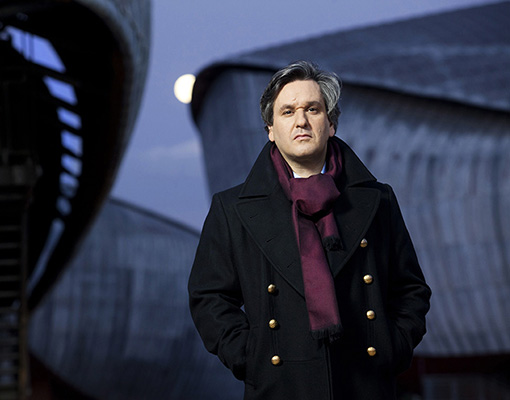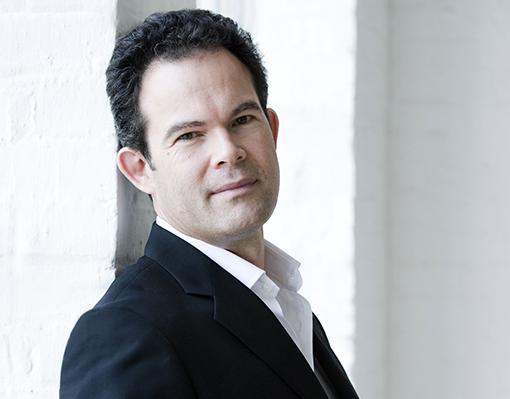This would have been an intriguing recital at any time. But in the context of Brexit, a programme of songs in a second language, of music expressing composers’ fascination with another country, another landscape, another sound-world, had a poignancy that was hard to ignore.
We heard German composers tackle Italian, Russians swap their covered vowels for England’s more open ones, and even Italians trying their hand at Scottish folksongs. The results weren’t always fluent, sometimes struggling to manoeuvre themselves into the borrowed culture, but they were telling, especially when delivered by the polyglot duo of Gerald Finley and Antonio Pappano.
Refusing to surrender tone to character, Finley was at his best in the more lyrical moments
In strict programming terms it was a bit of an odd recital, an evening without an obvious musical centre. Shostakovich’s Six Romances on Verses by English Poets are too uneasy, too bitterly, wittily subversive to take that weight, and Liszt’s Three Petrarch Sonnets fell too early to feel like more than an anticipation of something bigger to come. Selections from Tosti and Respighi added colour but little substance – delicious musical bonbons, but little more.
The partnership between Pappano and Finley goes back a long way, and their easy, undemonstrative interaction brought Wigmore intimacy to a Barbican concert. A slightly tired-sounding Finley took a risk with a consistently delicate opening sequence of Beethoven songs, starting with Beethoven’s “Adelaide” and ending with the throwaway naughtiness of “Der Kuss”. Some intonation smudges aside, it was a gambit that startled a restless Saturday night audience into focus, drawing them in to a narrative that relaxed into more demonstrative gestures as the evening went on.
Nothing exposes a singer quite like folksongs, and Finley’s generous legato and his rhetorical clarity made all there is to make of Respighi’s Quattro Arie Scozzesi. Gamely camping it up in the filigree accompaniments (Scotland with a thick Italian accent), Pappano (pictured below) decorated Finley’s melodies with glittering inanities. Shostakovich’s Romances offered both performers more musical meat, from the eerily hollow textures of the opening “Sir Walter Raleigh to His Sonne” and the cruelly virtuosic danse macabre of “Macpherson’s Farewell” to the mocking final joke of “The King’s Campaign”, the latter a pointed satire on the futility of war neatly packed into a 20-second song.
 More often sung in their original version for high tenor, Liszt’s Petrarch Sonnets take on new textures in the composer’s own transposition for baritone. Still lying fairly high, the tension in the voice (beautifully managed here by Finley, making light of the songs’ tremendous difficulty) adds a welcome brittleness to the mood swings of “Pace non trovo” and offers a narrower viewing aperture on the cloudy, Debussy-like harmonic landscapes of “I’ vidi in terra angelici costumi”.
More often sung in their original version for high tenor, Liszt’s Petrarch Sonnets take on new textures in the composer’s own transposition for baritone. Still lying fairly high, the tension in the voice (beautifully managed here by Finley, making light of the songs’ tremendous difficulty) adds a welcome brittleness to the mood swings of “Pace non trovo” and offers a narrower viewing aperture on the cloudy, Debussy-like harmonic landscapes of “I’ vidi in terra angelici costumi”.
His singing rarely less than lovely, refusing to surrender tone to character, Finley was at his best in the recital’s more lyrical moments – the Tosti, the Ravel songs. A musical-theatre directness spoke truthfully, even through the most fragrant of settings, conveying emotions that were clear in any language – no translation needed.














Add comment